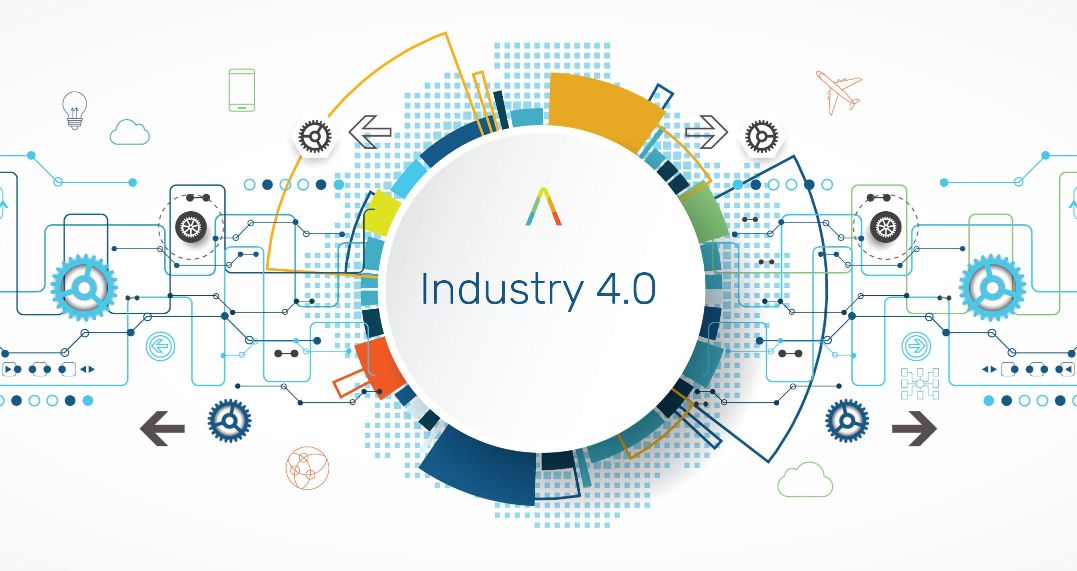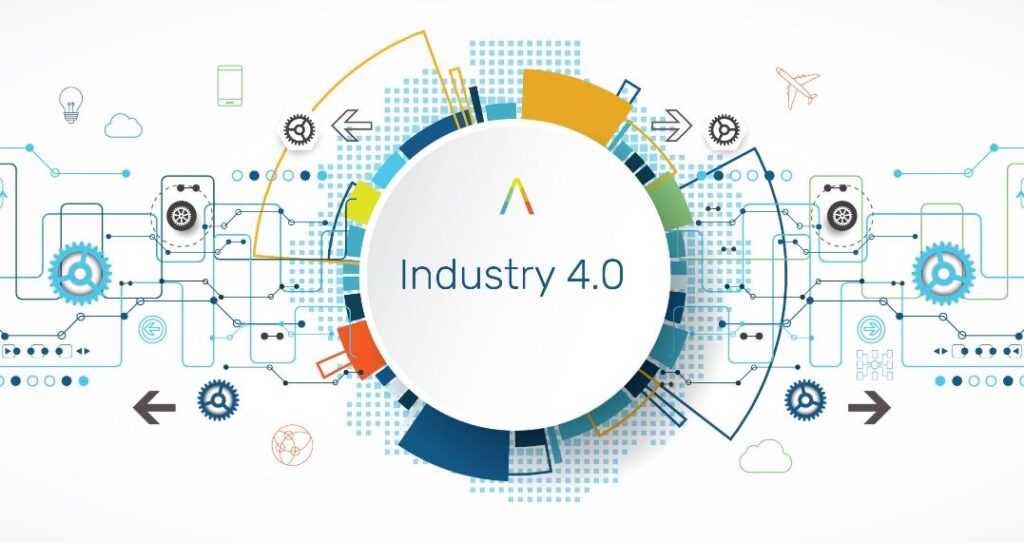Introduction
Industry 4.0, also known as the Fourth Industrial Revolution, is transforming the way businesses operate. It encompasses a range of advanced technologies such as automation, artificial intelligence (AI), big data analytics, and the Internet of Things (IoT) to create smart and interconnected systems. This revolution brings numerous benefits to businesses, enabling them to enhance productivity, efficiency, and competitiveness in an increasingly digital world.
Increased Operational Efficiency
Industry 4.0 technologies enable businesses to streamline and optimize their operations, leading to increased efficiency. Through automation and connectivity, tasks that were once time-consuming and prone to human error can now be performed seamlessly and accurately by machines. This efficiency boost allows businesses to produce more output with fewer resources, reducing costs and maximizing productivity.
Enhanced Productivity

With Industry 4.0, businesses can leverage advanced technologies to enhance productivity across various processes. Smart factories equipped with connected sensors and devices can monitor and analyze real-time data to optimize production lines. AI-powered systems can automate routine tasks, freeing up employees to focus on more complex and strategic activities. These advancements enable businesses to achieve higher output levels while maintaining quality standards.
Conclusion
In conclusion, Industry 4.0 offers significant benefits for businesses, including improved operational efficiency, enhanced product quality, accelerated innovation, and increased customer satisfaction. By embracing these technologies, organizations can gain a competitive edge, adapt to market changes more effectively, and unlock new revenue streams.

